Each October brings pink ribbons and fund-raising for breast cancer research. These 50 expert-approved habits may help reduce your risk year round.
13 / 50
Hop on the D Train
High blood levels of vitamin D may reduce breast cancer risk, a new study suggests. Women with higher vitamin D blood levels (60 ng/mL or more) had an 80 percent lower risk for breast cancer than those with the lowest levels (20 ng/mL or less). Among women with vitamin D blood levels between 20 and 60 ng/mL, the higher their level, the lower their risk of breast cancer. Researchers can’t say for sure that higher D levels will prevent breast cancer—only that there appears to be a link.
A study published in PLOS ONE showed that women who have higher vitamin D blood levels have a significantly lower risk for breast cancer. It also demonstrates that blood levels of vitamin D for breast cancer prevention need to be higher than currently recommended levels for bone health. The National Academy of Sciences recommends that having vitamin D blood levels of 20 ng/ml or above is adequate for bone health. Have your doctor check your levels and take a supplement, if needed.
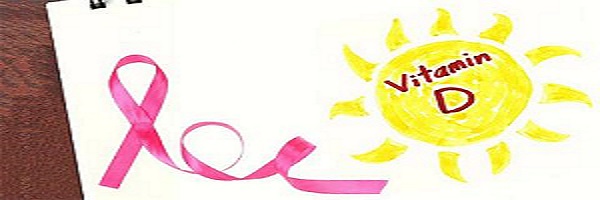
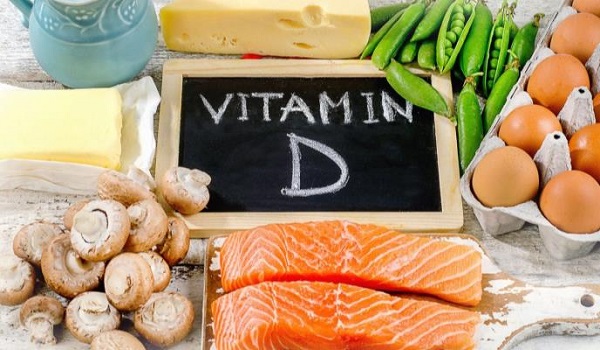
14 / 50
Choose Alternatives to Air Travel When Possible
A study published in the journal Environmental Health notes that female flight attendants had a higher prevalence of every cancer the researchers examined, especially breast cancer, melanoma, and non-melanoma skin cancer among females. They explain this may be due to cosmic ionizing radiation from outer space, which people are exposed to at higher levels when flying at high altitudes. Flight attendants' irregular sleep patterns may also contribute to this finding.

15 / 50
Watch Out For Lumps, Nipple Discharge, & Nipple Retraction
These symptoms may serve as red flags for cancer themselves, but even if a mammogram comes back clear, Spanish researchers say you might want to discuss more frequent or different screenings with your doctor. That's because they found these symptoms were associated with a higher risk of women being diagnosed with breast cancer in the interval before their next scheduled screening.
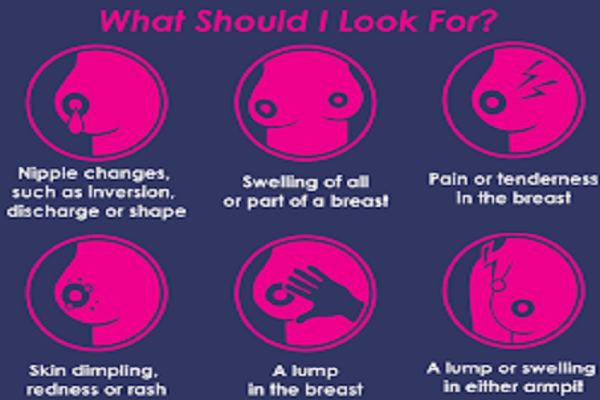
16 / 50
Sprinkle some parsley on your pasta
Parsley contains a plant compound called apigenin. In a study of rats with breast cancer who were exposed to apigenin, the rats developed fewer tumors and experienced significant delays in tumor formation. The findings appear in Cancer Prevention Research.
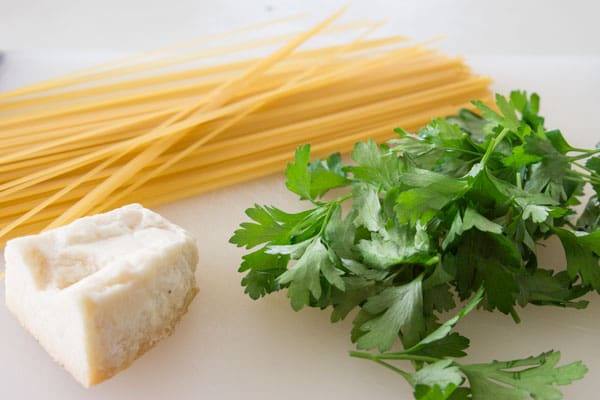
17 / 50
Fill up on fiber
Women who eat more high-fiber foods as young adults lower their overall breast cancer risk by 16 percent and their risk of breast cancer before menopause by 24 percent, according to a study in Pediatrics. For each additional 10 grams of fiber intake daily during early adulthood, the women’s breast cancer risk dropped by 13 percent. Eating more fiber-rich foods may lessen breast cancer risk by reducing high estrogen levels in the blood, the study authors suggest. Estrogen is known to feed certain breast tumors.
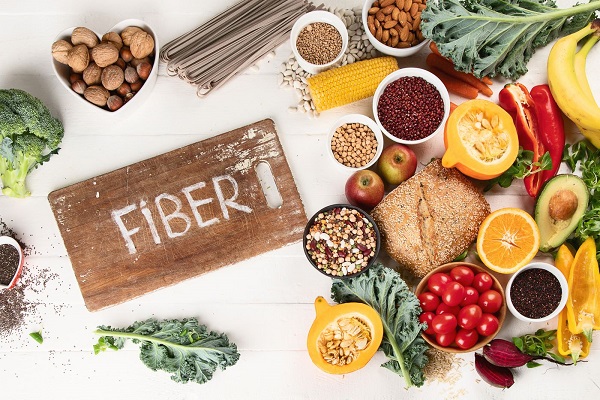
18 / 50
Take a baby aspirin a day
Taking a daily baby aspirin is known to lower risk for heart disease and stroke, and now research finds that taking low-dose aspirin at least three times a week reduces the overall risk of breast cancer by 16 percent. What’s more, this habit can cut the risk of HER2-negative breast cancer (the most common type) by 20 percent, according to the study in Breast Cancer Research. Exactly how aspirin exerts its anti-cancer effects is not fully understood, but it could be that it cools inflammation linked to breast cancer. Keep in mind that aspirin is not free of side effects (it can thin the blood and cause gastrointestinal problems), so check with your doctor first.
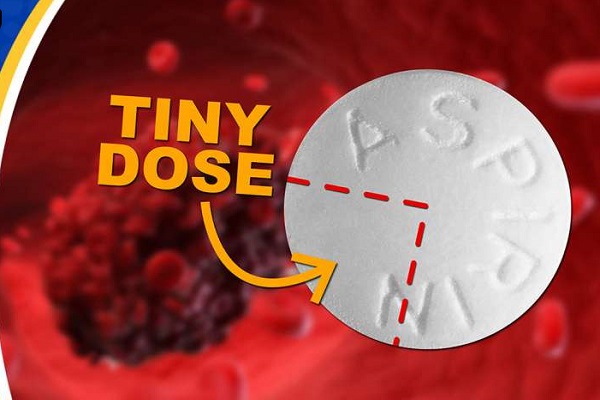
19 / 50
Hold back at happy hour
Women who drink 14 or more drinks weekly are nearly 35 percent more likely to develop breast cancer than women who have fewer than five drinks weekly, suggests a study published in Cancer Epidemiology, Biomarkers & Prevention. This study was conducted with African American women, and it mirrors the findings seen in studies of white women. “Having five or more drinks per week is a moderate risk factor for breast cancer, says Dr. Cate. “This means that it increases your risk by 1.5 times the baseline population,” she says. “Alcohol is also a risk factor for pancreatic cancer, and therefore should be minimized.”

20 / 50
Reduce your carbon footprint
Air pollution has already been linked to a host of health problems, and a study published in the 2010 Environmental Health Perspectives suggests that it may contribute to breast cancer as well. Researchers at McGill University and Université de Montréal discovered a strong link between post-menopausal breast cancer and exposure to nitrogen dioxide, a greenhouse gas in the atmosphere. Everyone can do something to reduce greenhouse gas emission and lower their carbon footprint. The Environmental Protection Agency recommends these steps.
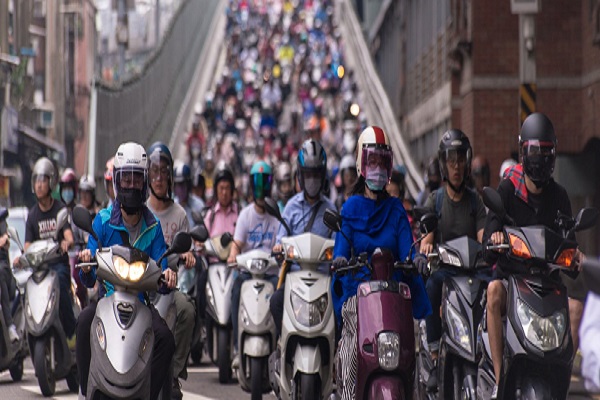
It’s important to check your breasts regularly because the earlier breast cancer is diagnosed, the better the chance of successful treatment. It doesn’t matter when you check your breasts, as long as you check them regularly.
Breast Cancer Screening Package at CIH
| Tests included |
Women Age </= 40 |
Women Age > 40 |
| Medical consultation | ||
| Comprehensive medical history & physical examinations | |
|
| Specialist consultation | |
|
| Diagnostic Imaging | ||
| Breast Ultrasound | |
|
| Mammography/ or Breast MRI | |
|
| Total cost of the individual tests (VND) | 820,000 | 1,660,000 |
| Package Price (VND) | 700,000 | 1,320,000 |
Check out our different Screening Packages for different needs
For appointment or further service consultation, please contact:
- Ms. Võ Thị Mỹ Liên: (8428) 6280 3333, ext. 8424
- Ms. Nguyễn Thị Lệ: (8428) 6280 3333, ext. 8402
For any further information about medical services provided by City International Hospital, please contact:
- Operator: (8428) 6280 3333, ext. 0
- Address: Level 3, No. 3, 17A Street, Binh Tri Dong B Ward, Binh Tan Dist. (Next to AEON Mall Binh Tan). Ho Chi Minh City.
- Website: https://cih.com.vn/en/
- FB page: https://www.facebook.com/BenhVienQuocTeCity










